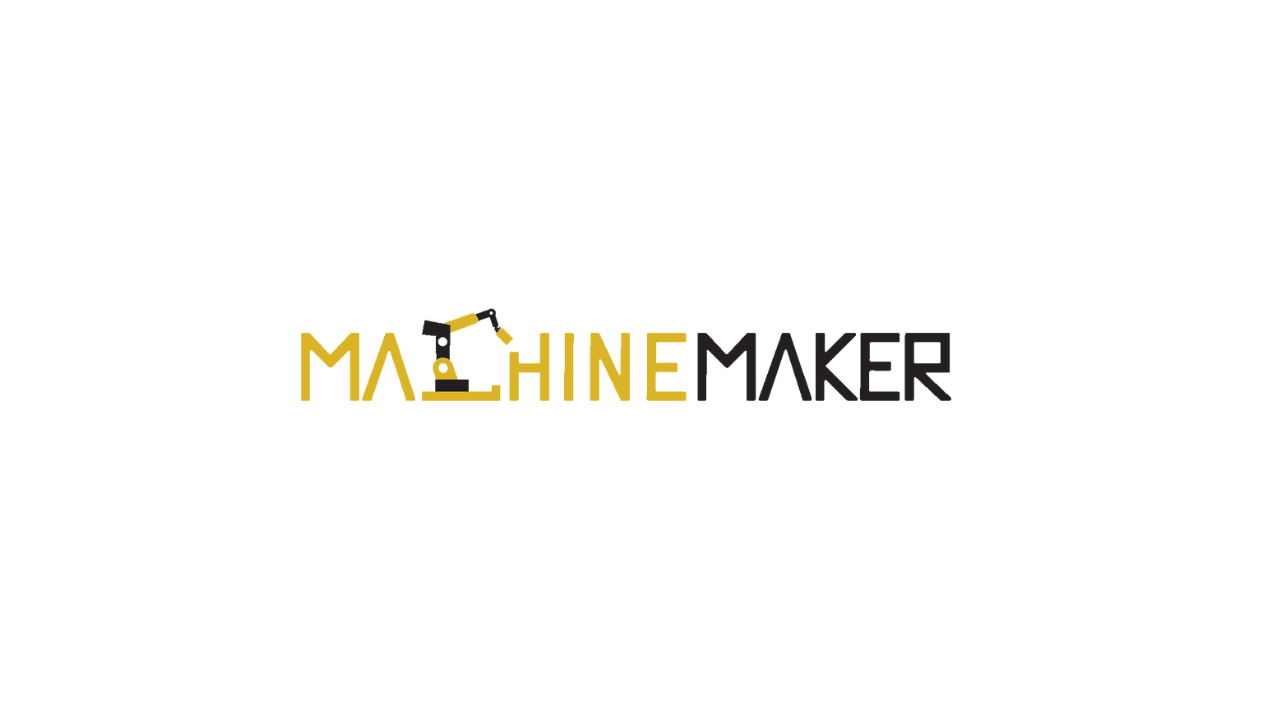The industrial network market is poised for continued growth in 2023, with a projected 7% increase, according to the latest analysis by HMS Networks, a leading provider of Industrial ICT solutions. Each year, HMS Networks conducts an in-depth study to assess the distribution of new connected nodes in factory automation, offering valuable insights into the evolving landscape of industrial networks.
Industrial Ethernet, the frontrunner in this market, exhibits robust growth, now accounting for an impressive 68% of all newly installed nodes, compared to 66% the previous year. This technology has experienced a steady 10% increase, showcasing its dominant position in factory automation. In a closely contested race, PROFINET and EtherNet/IP claim joint first place in the network rankings, both holding an 18% market share. However, EtherCAT, a strong contender, has made remarkable strides and solidified its position in third place with a 12% market share.
Fieldbuses, on the other hand, experienced a decline of 5% in new installations for 2023. With a collective market share of 24%, down from 27% last year, fieldbuses face a challenging landscape. PROFIBUS remains the leader in this category, claiming a 6% market share, followed closely by Modbus-RTU at 5%. Despite the decrease in new fieldbus nodes, these reliable and well-established technologies are expected to remain integral to many devices, machines, and factories for years to come.
Meanwhile, wireless networks are showing significant growth potential, with an 8% market share, up from 7% in the previous year. The wireless segment is projected to experience a remarkable 22% growth in 2023. The introduction of wireless industrial networking solutions has fueled this surge, facilitating applications such as cable replacement, wireless machine access, and connectivity to mobile industrial equipment.

Magnus Jansson, Product Marketing Director at HMS Networks, Business Unit Anybus, emphasizes the importance of solid industrial network connectivity for productivity and sustainability in manufacturing. He notes that reliable networks are crucial for achieving uptime targets, enabling increased productivity and sustainability objectives. Additionally, Jansson highlights the growing importance of quality, security, safety, and data insights from devices and machines as driving factors behind the expansion of industrial networking.
Regionally, Europe and the Middle East are led by EtherNet/IP, PROFINET, and EtherCAT, with PROFIBUS and Modbus-TCP as runners-up. The U.S. market is dominated by EtherNet/IP, while EtherCAT exhibits substantial growth and gains market share. In the fragmented Asian market, PROFINET takes the lead, followed by EtherNet/IP, CC-Link/CC-Link IE Field, EtherCAT, PROFIBUS, and Modbus (RTU/TCP) as formidable contenders.
The HMS Networks study provides valuable market insights based on the estimation of new installed nodes within Factory Automation. These estimations are consolidated through industry colleagues’ insights, the company’s own sales statistics, and an overall perception of the market.
HMS Networks AB (publ), headquartered in Halmstad, Sweden, is a market-leading provider of Industrial ICT solutions, offering products under the Anybus®, Ewon®, Intesis®, and Ixxat® brands. With a global presence and a network of distributors and partners, HMS Networks employs over 780 people. In 2022, the company reported sales of SEK 2,506 million and is listed on the NASDAQ OMX in Stockholm under the Large Cap, Information Technology category.








